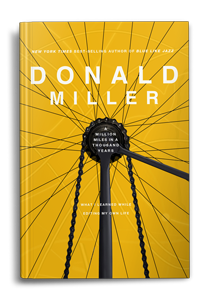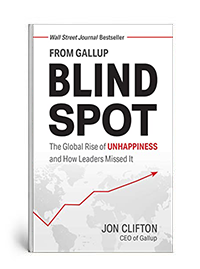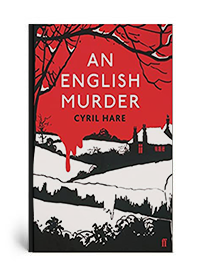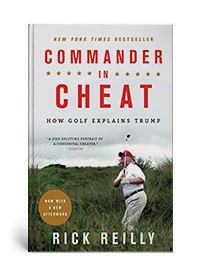Friends,
| Welcome to my 22nd newsletter, this one dealing with “The Stories Our Lives Tell.”
In 2018 I wrote a newsletter on ‘Mastering the Stories We Tell Ourselves.” Just in case you have forgotten, the basic message of that newsletter was that the stories we tell ourselves shape our lives. If we come to master these stories in beneficial ways, our lives change in beneficial ways. The foundational assumption was that we do not respond to events, rather we respond to the stories we tell ourselves about those events. Here is just one example, for years I told this story: “I have a bad temper because my dad had a bad temper.” Translation of that story … “My temper is my dad’s fault and there is nothing I can do about it.” By telling that story I made myself a victim. We all tell dysfunctional stories. Some dysfunctional stories we tell once, some we tell over and over again throughout our lives. Some dysfunctional stories make little difference (e.g. “I am not good with names.”). Some stories we tell ourselves shape our very destiny. Here are two stories that lead to diametrically different lives:
Learning to recognize which stories serve us and which do not and becoming a master of those stories can greatly enhance our lives. WHAT’S A GOOD STORY? Much of this was stimulated by an excellent book by Donald Miller, A Million Miles in a Thousand Years.
|

–Douglas. A. Smith
“You only have to forgive once. To resent, you have to do it all day, every day, all the time, you have to remember the bad things over and over. It’s too much work.”
— M. L. Stedman, The Light Between the Oceans
From the bookshelf!
Books I am reading and highly recommend.




